Tech moves fast—stay faster.
Tech moves fast—stay faster.
Indonesia Eyes Nuclear Partnerships with China and Russia After Discovering Massive Uranium Reserve
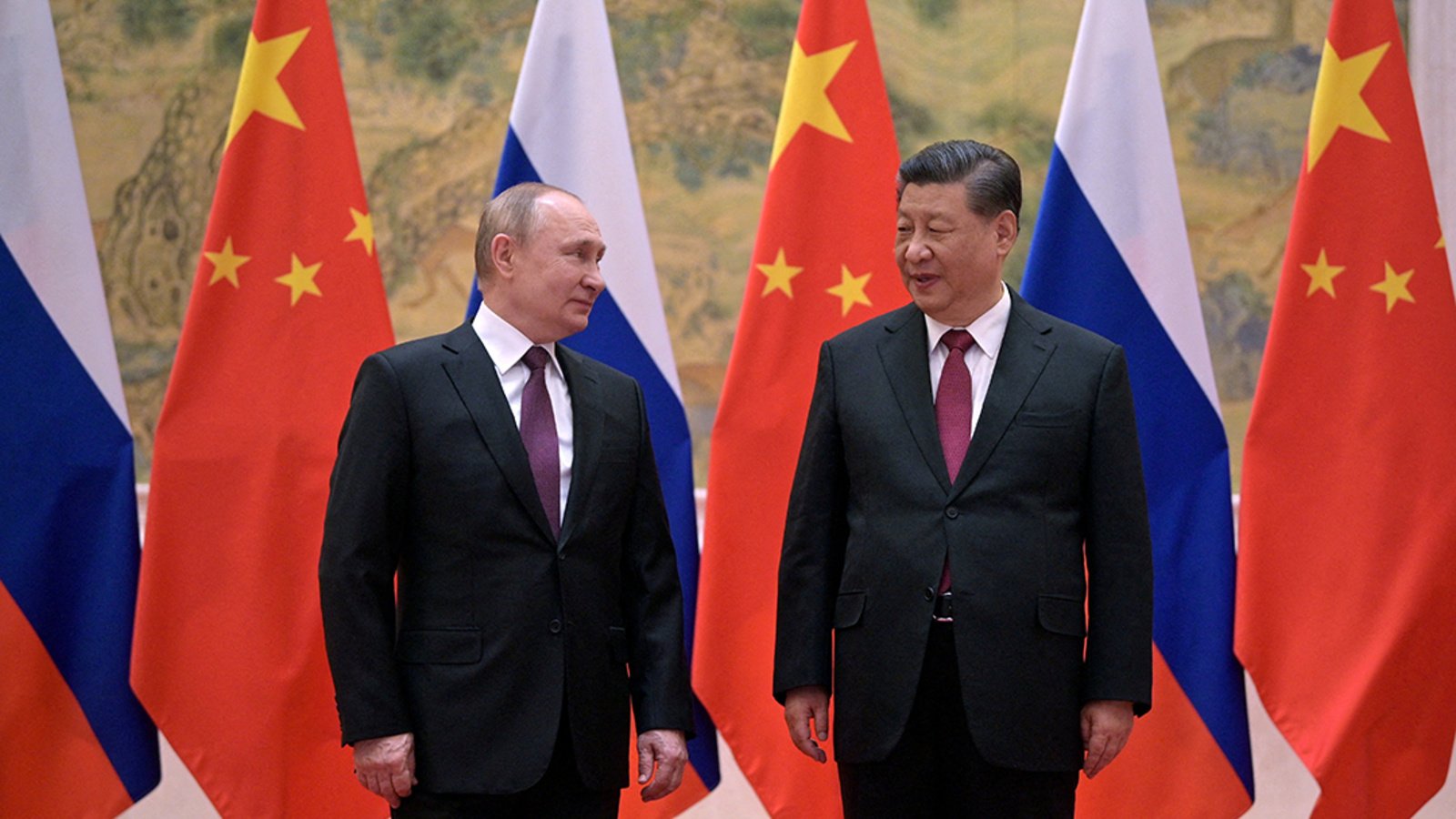

By Farhan Ali • June 23, 2025
Indonesia is actively considering partnerships with China and Russia to kickstart its nuclear energy ambitions, following the discovery of a previously untapped 24,000-ton uranium deposit in West Kalimantan. The announcement comes amid the country’s aggressive push toward cleaner energy sources and grid independence by mid-century.
The Discovery
The uranium reserve, located in Melawi Regency, West Kalimantan, is now one of the largest identified in Southeast Asia. It could significantly reduce Indonesia’s dependence on imported nuclear fuel, giving the country a homegrown advantage in nuclear energy development.
Why Now?
- Energy Transition Pressure: Indonesia is targeting a 34% renewable energy mix by 2050.
- Energy Equity: More than 15 million Indonesians still live with unstable or limited power access.
- Grid Reliability: Fossil fuel volatility and El Niño–related disruptions have pushed the need for consistent baseload generation.
What’s the Government Planning?
Deputy Minister of National Development Planning Vivi Yulaswati confirmed that:
- Indonesia aims to operationalize nuclear power by 2036
- Initial targets aim for between 4.3–10 GW of capacity by 2040
- Small Modular Reactors (SMRs) are being prioritized for distributed and island-based deployment
- Site evaluations are underway in Kalimantan, Java, and Sulawesi

International Partnerships
- Russia’s Rosatom is providing nuclear science training and feasibility consulting
- China National Nuclear Corporation (CNNC) is offering SMR blueprint frameworks and regulatory templates
- Local engineers are being trained through dual-degree programs hosted at Russian and Chinese universities
- BRIN has committed funding for nuclear materials research through 2030
Domestic Readiness
Indonesia’s National Research and Innovation Agency (BRIN) is working closely with the Nuclear Energy Regulatory Agency (BAPETEN) to fast-track safety protocols, licensing frameworks, and workforce development.
The government is also introducing nuclear literacy campaigns for local communities to combat misinformation and promote energy democracy.
What Are the Risks?
- Geopolitical Concerns: Balancing between China and Russia could complicate international alignments
- Public Opposition: Anti-nuclear sentiment remains high in some parts of the country
- Waste Disposal Infrastructure: No permanent solution exists yet for nuclear waste storage
- Natural Disaster Zones: Site safety in a seismically active archipelago will be critical
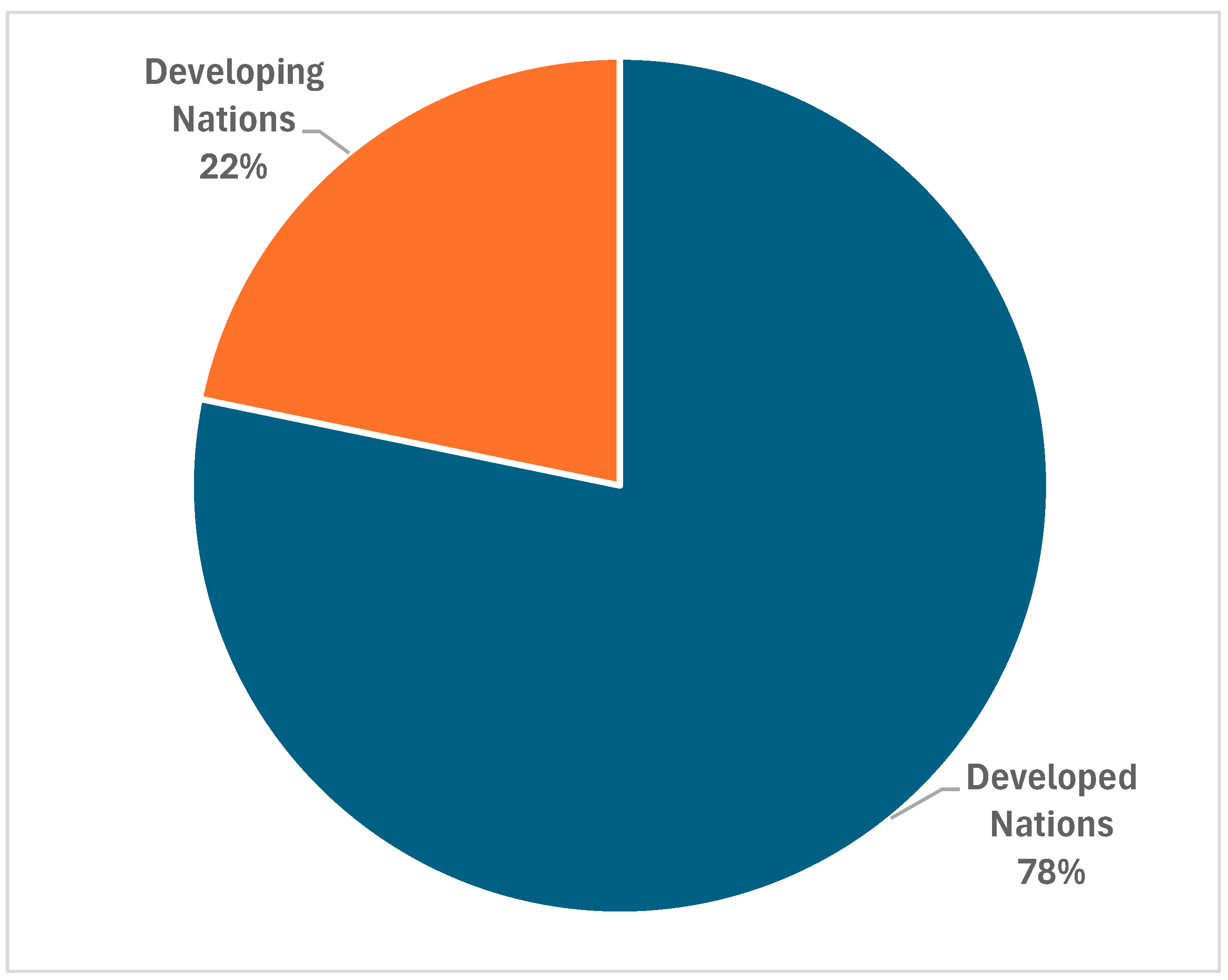
Conclusion
Indonesia’s uranium find may prove to be a turning point. With the right technology partnerships, regulatory rigor, and public trust, the country could become a regional leader in nuclear energy—and rewrite Southeast Asia’s power playbook in the process.
Additional References:
- Ministry of Energy and Mineral Resources (MOEMR) Indonesia (@moemr_ri)
- National Research and Innovation Agency (BRIN) (@brin_indonesia)
- Nuclear Energy Regulatory Agency (BAPETEN)
- Rosatom Asia (@rosatom_centralasia)
- Seasia News Energy Desk (@seasia.news)
Explore more
UK’s ARIA Pumps £800M into High-Risk, High-Reward Science—From Robotics to Biofabrication
By Farhan Ali • June 23, 2025 The UK is placing a...
Quantum Leap: Osaka University Scientists Create Cleaner, Faster “Magic States” for Fault-Tolerant Computing
By Farhan Ali • June 23, 2025 In a landmark study, researchers...
China Just Switched On the World’s First Thorium Nuclear Reactor—Here’s Why That Matters
By Farhan Ali • June 23, 2025 China has officially brought online...
China Successfully Tests Brain-Computer Interface, Becomes 2nd Nation in BCI Race
By Farhan Ali • June 23, 2025 China has become the second...





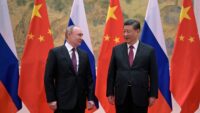




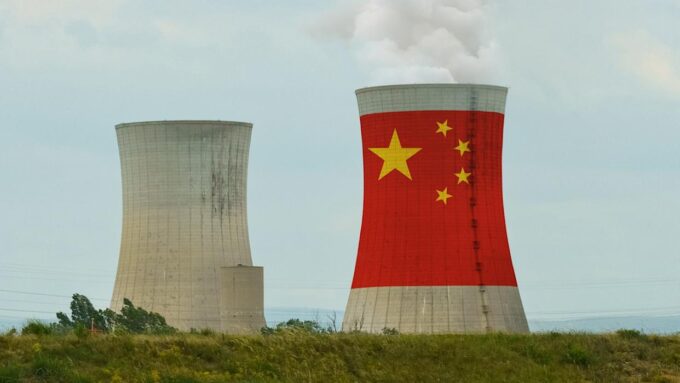


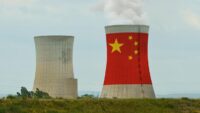

Leave a comment